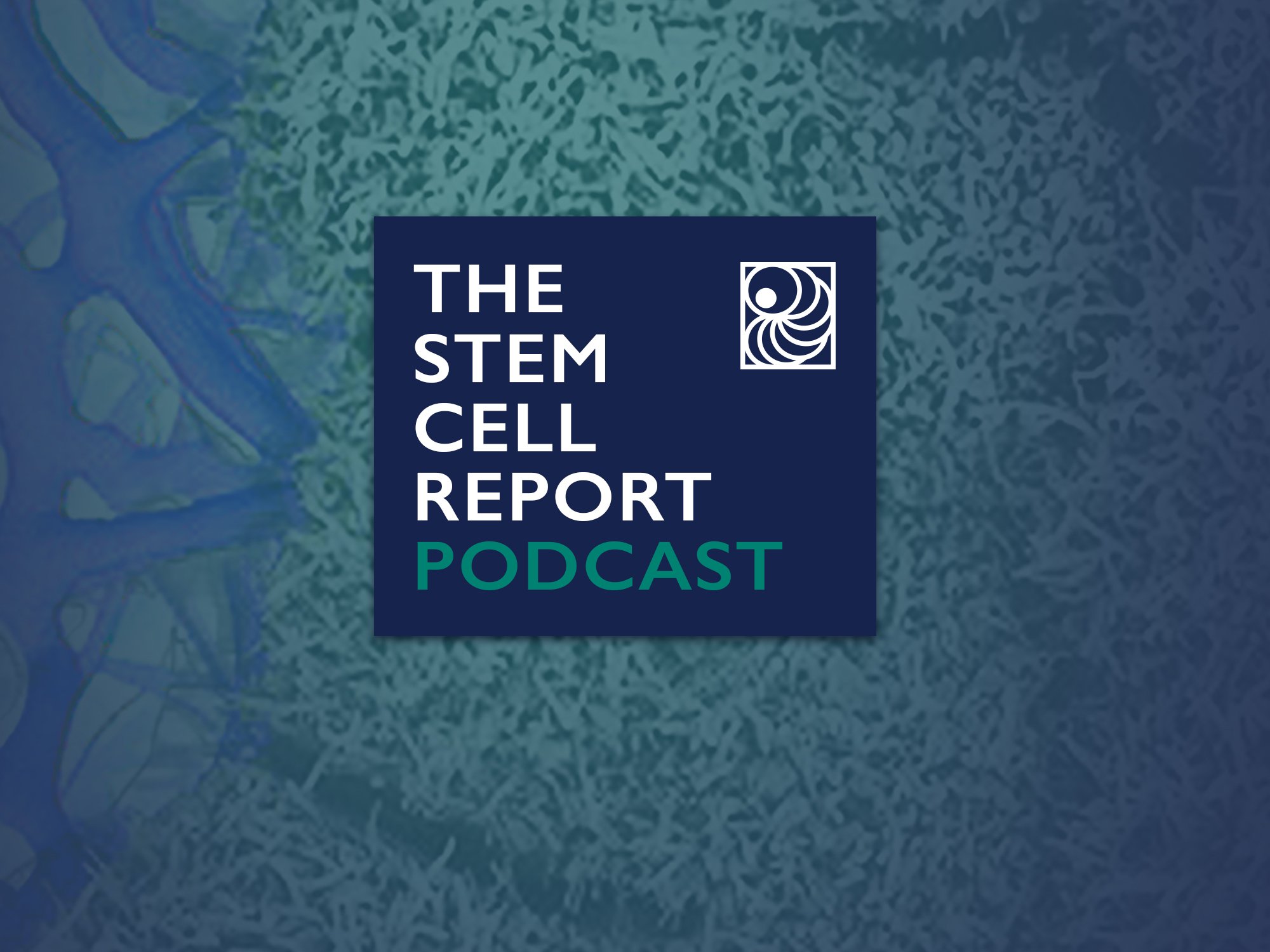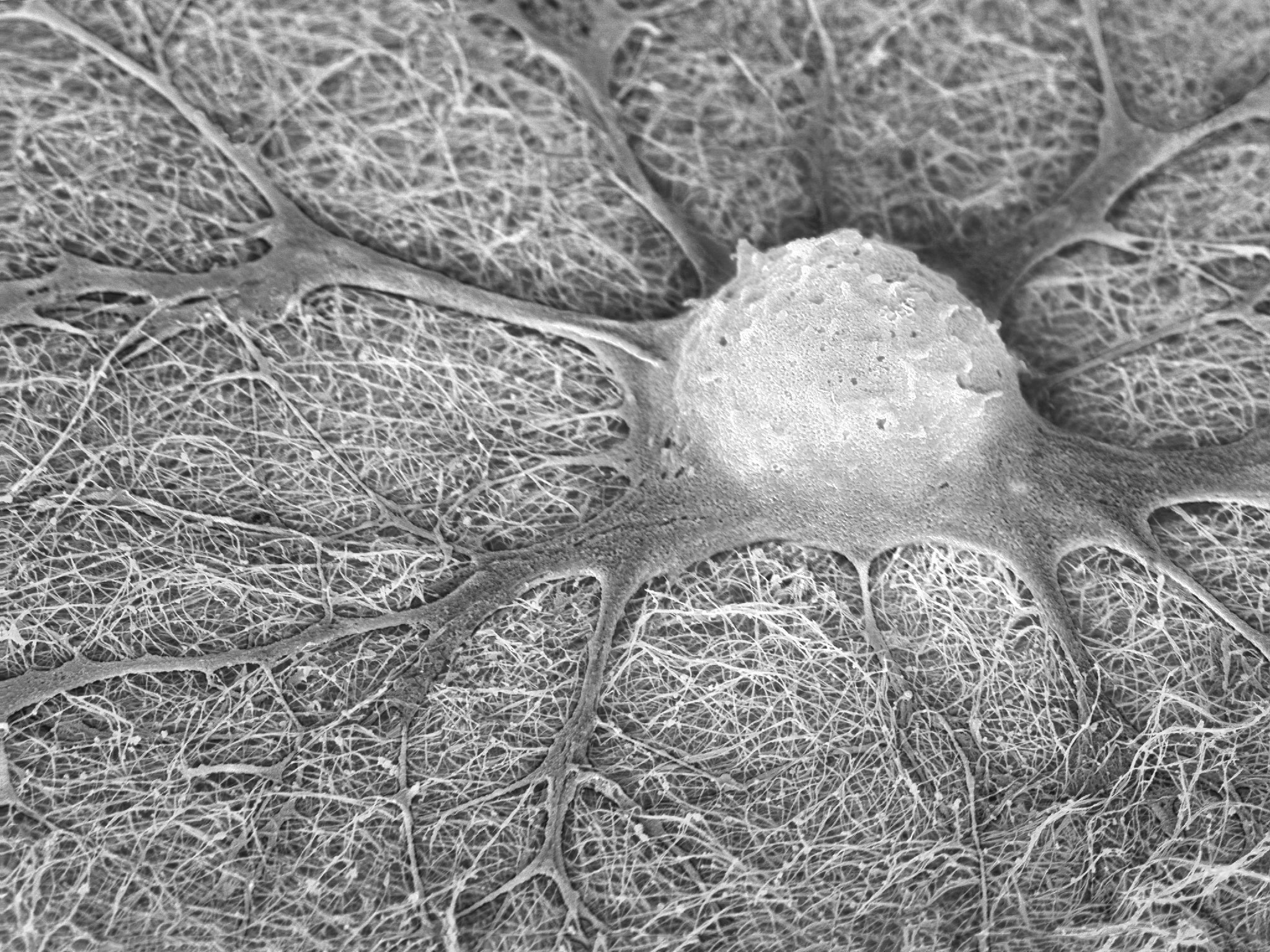ISSCR News

Reading Your Biological Age in Your Blood or Saliva? It’s Not as Simple as That
How old are you, really? Your chronological age is the number of years you have been alive. Your biological age is how old your cells are which scientists believe may better assess one’s age-related health and disease risk. A recent study by Konrad Hochedlinger, Rebecca Gorelov and colleagues from Harvard Medical School and Massachusetts General Hospital, USA, aims to shed light on this question, asking how the presence of stem cells within a given tissue or organ impacts its epigenetic clock.

New Podcast Episode. Evaluating the Expanding Models of Brain Disease
In this episode of The Stem Cell Report, our guests review the use of models of neurodevelopment to understand neuropsychiatric diseases, focusing on Alzheimer’s and Parkinson’s disease, epilepsy, Down syndrome, and schizophrenia and provide critical appraisal of the impact of human-rodent xenografting approaches for advancing our understanding of those diseases and brain development.

Member Spotlight: Filipe Pereira, PhD
I am motivated by generating knowledge and unique contributions to science. The most rewarding part of the process are the rare Eureka moments, whether they are ideas born out of the constant intellectual challenge or initial experimental findings validating our working hypothesis.

The ISSCR Responds to FDA’s Draft Guidance on Safety Testing of Human Allogeneic Cells Expanded for Use in Cell-Based Medical Products
On 29 July 2024, the ISSCR submitted comments on the Food and Drug Administration’s draft guidance for Safety Testing of Human Allogeneic Cells Expanded for Use in Cell-Based Medical Products. ISSCR supports FDA’s desire to share their recommendations for determining the appropriate cell safety testing and offers comments to complement FDA's initiative. Specifically, ISSCR requests clarification on genomic testing requirements and proposes adjustments to the guidance on sequencing depth and cytogenetic testing. Additionally, ISSCR recommends using both sequencing and cytogenetic testing to ensure comprehensive safety assessments.

Receive ISSCR Press Releases
Sign up be a part of ISSCR’s media list. Media Contact: Kym Kilbourne, Director of Media and Strategic Communications
Subscribe to ISSCR News.
Each month, ISSCR delivers scientific, policy, and community to your inbox .

